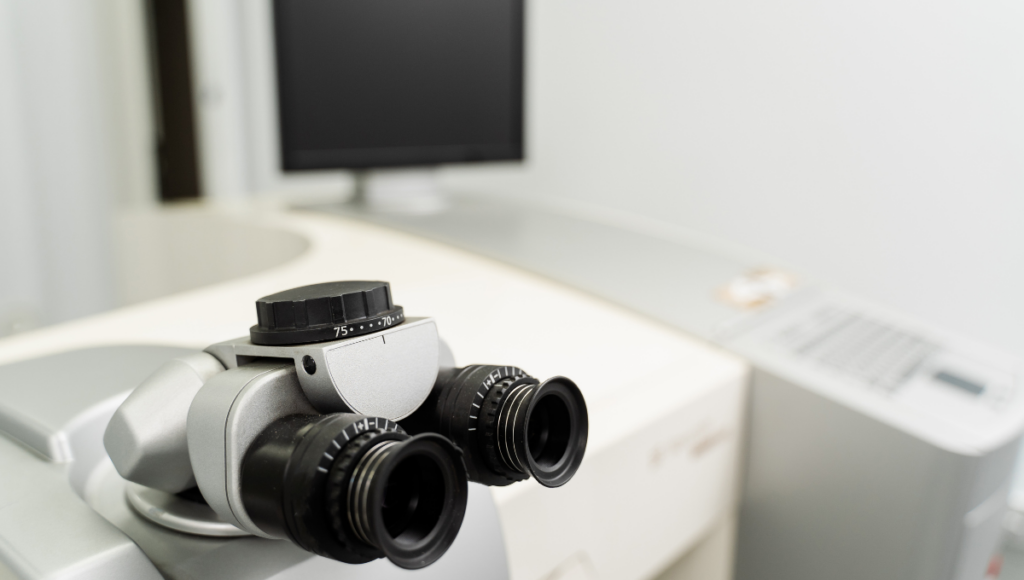Seeing Clearly is Important
Eyes help us see the world. Clear vision makes life easier. Many people have blurry vision. Some struggle to read. Others cannot see far.
Vision correction helps. Different options are available. Glasses, contact lenses, and surgery improve eyesight. Each option is different. Some people prefer one over the other. The right choice depends on comfort, lifestyle, and budget.
Understanding the options is important. Eyes should feel comfortable. Seeing clearly should not be a struggle.
Glasses: The Simple Solution
Glasses have been used for a long time. They are easy to wear. They help people see better. Vision correction glasses come in different styles. Some are thick. Some are thin. Some look simple. Some look stylish.
No pain is felt when wearing glasses. No special cleaning solution is needed. They can be removed anytime. They last for years if handled with care.
Some problems exist. Glasses can slide down the nose. They get dirty often. They fog up in cold weather. They can break if dropped. Some people find them uncomfortable.
Still, many people love glasses. They are easy to use. They work well for daily life.
Contact Lenses: A Hidden Choice
Some people do not like wearing glasses. They prefer contact lenses. These are small lenses placed on the eye. They correct vision without being seen.
Contacts feel natural. They do not change how a person looks. They do not fog up. They do not get in the way when playing sports.
They must be cleaned daily. Dirty lenses can cause infections. Hands must be clean before touching them. Some people feel discomfort when wearing them.
Soft lenses are the most common. They feel comfortable. Hard lenses last longer. They give sharper vision. Disposable lenses are used once and thrown away. Some lenses can be worn for a whole month.
Contacts work well for many people. They give freedom. But they need proper care.
Surgery: A Permanent Fix
Some people want a permanent solution. Vision correction surgery is an option. It helps people see clearly without glasses or contacts.
The most common surgery is LASIK. A laser is used to reshape the eye. It takes a few minutes. Recovery is quick. Many people see clearly the next day.
Not everyone can have surgery. A doctor must check the eyes first. Some eyes are too dry. Some corneas are too thin. Other health problems can cause risks.
Surgery is not free. It can be expensive. Some insurance plans do not cover it. But many people feel happy after getting it. They enjoy clear vision without glasses or contacts.
Other surgeries exist. PRK is another laser surgery. Healing takes longer. Lens implants are an option for older adults. Different surgeries fit different needs.
Which Option is Best?
Each option has pros and cons. Glasses are easy. They are simple. Contacts are invisible. They give freedom. Surgery is long-lasting. It corrects vision permanently.
Some people switch between glasses and contacts. Some try surgery after years of wearing glasses. A doctor can help decide the best choice.
Eyes should be taken care of. Regular check-ups are needed. Vision should always be clear and comfortable.
Eye Health Matters
Eyes work every day. They should be protected. Screens are used often. Eyes feel tired. Rest is needed. Good lighting helps. Reading in the dark strains the eyes.
Sunglasses protect from the sun. UV rays can harm the eyes. Protective glasses should be worn when working with tools. Small objects can cause injury.
A good diet helps. Vitamins and minerals keep eyes strong. Carrots, spinach, and fish are good for eye health. Drinking enough water prevents dry eyes.
Eye health should not be ignored. Small problems can grow bigger. Regular visits to an eye doctor are important.
Common Vision Problems
Many people have vision problems. Some people see things blurry. Some struggle to see far. Others find it hard to read up close.
Nearsightedness means things close are clear. Far objects look blurry. Glasses or contacts fix this.
Farsightedness means far objects are clear. Close-up reading is hard. This happens often with age. Reading glasses help.
Astigmatism makes vision blurry at all distances. The eye shape is uneven. Special lenses correct this.
These problems can be managed. Vision correction glasses, contacts, or surgery help. A doctor can check the eyes and give the best option.
Why Vision Correction is Important
Seeing clearly helps in daily life. Reading, driving, and working need clear vision. Headaches happen when eyes strain. Poor vision can cause accidents.
Kids need good vision for school. They should not struggle to read. Regular eye tests help. Problems should be fixed early.
Adults need clear vision too. Working on screens all day affects the eyes. Taking breaks helps. Proper glasses or contacts reduce strain.
Clear vision makes life easier. Vision correction is important. The right choice makes a difference.
Myths About Vision Correction
Some people believe wearing glasses makes eyesight worse. This is not true. Glasses help see better. They do not damage vision.
Some think sitting too close to the TV ruins eyesight. This is not true. Eyes may feel tired, but no permanent damage is done.
Some believe eating only carrots will fix vision. Carrots are healthy. But other foods help too. A balanced diet is needed.
Facts should be known. Eyes should be taken care of properly. Myths should not stop people from using vision correction glasses, contacts, or surgery.
Choosing the Right Option
A good choice should be made. Glasses, contacts, or surgery all work. Comfort and lifestyle matter. A doctor can help decide.
Eyes change over time. Vision should be checked often. The best option may change. The goal is to see clearly every day.
Taking care of the eyes is important. Clear vision improves life. The right choice makes a big difference.


